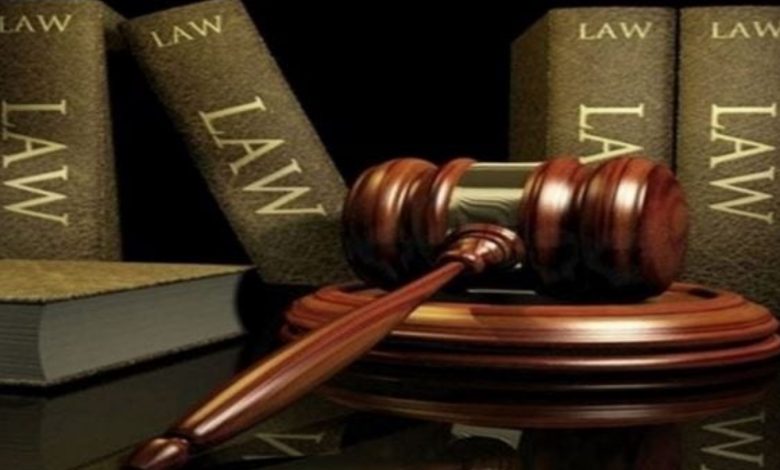Exploring the Legal Ramifications of Assault

Regardless of the circumstance, if you find yourself arrested on charges of assault it can be a worrying experience. There are a number of different types of assault, along with different levels of severity, that can all have an impact on the potential punishment you may be facing. Partnering with an accredited assault defense lawyer near you can help anybody better understand the charges they’re facing along with the defense strategy they may need to reduce the charges.
What is Assault?
The specific definition of assault will vary on a state-by-state basis. However, simple assault is most often categorized as threatening or attempting to inflict physical harm or injury on another person or doing so while having the active ability to injure that person. Something as simple as throwing stones at someone standing on the edge of your property could be argued as assault.
Generally, there are three different degrees of assault that a prosecutor will consider when determining the charges. While simple assault, as described above, will often be assigned a misdemeanor charge, more serious forms of assault will come with felony charges and hefty punishments.
Common Types of Assault
As of the latest study, there over 1.4 million assaults in the United States in a single year where personal weapons of some form were used. However, the item used is a major factor in determining the specific type of assault and the charges that come with:
- Verbal assault
Any willfully spoken threat that indicates immediate harmful or offensive touching, along with an apparent ability to act on the threat, could be qualified as a verbal assault. With this form of assault, the victim isn’t even touched by the perpetrator. Verbal assaults can also be written threats assuming the above qualifications are met.
- Simple assault
Simply assault, as outlined earlier, is the most basic form of assault and is inflicting harm or injury on another person while having the ability to do so. With simple assault, an object can be used potentially, but what that object is may escalate the type of assault the incident is qualified as.
- Aggravated assault
Aggravated assault is more complicated than simple assault. Most often, it is simple assault committed under aggravating factors such as bodily harm came to the victim, there was a threat of disfigurement or impairment to the victim, or if the action was done to a public servant or minor.
- Sexual assault
Sexual assault occurs when an individual force another person to have sexual intercourse with them without their consent or where a person intentionally makes physical contact with intimate parts of somebody without their consent.
- Assault with a deadly weapon (ADW)
ADW is simple assault where a deadly weapon such as a gun or knife is used in the attack. Weapons can also refer to large rocks, bottles, cars, and dogs.
- Vehicular assault
Vehicular assault occurs when one person operates or drives a motor vehicle in a reckless manner with the intent to cause bodily harm to another person.
Is Assault a State or Federal Crime?
Assault of all types are primarily state crimes, but they could be charged at the federal level if they were committed on federal property or against a federal official. Punishments for federal assault tend to be far harsher than those of state level assault charges.
What Are the Punishments and Penalties for Assault?
Depending on the severity of the assault charge, the penalties and punishments you face could vary. They could also vary based on the state you commit the crime in. For example, simple assault in Virginia will be classified as a Class 1 misdemeanor and result in confinement for at least 6 months, but if injury is committed it is a Class 6 Felony with the same amount of jailtime.
Reach out to accredited lawyers in your area to see which level of charges you may potentially be facing based on your case.
General Tips When Charged with a Form of Assault
As general tips if arrested for assault:
- Immediately request a lawyer and do not say anything
- Do not act hostile towards the law enforcement who arrest you
- Do not submit to a DNA test or give other samples without your lawyer present
- Do not destroy or tamper with evidence
Seek legal protection for your charge
No matter what type of assault charge you are facing, it’s important to find an attorney near you who has experience with assault defense law. Regardless of the severity of your crime, rely on a defense attorney to sort through the facts of the case and to find ways to reduce your sentence or get your name cleared entirely.



